 The Reniala Reserve and Lemur Rescue Center
The Reniala Reserve and Lemur Rescue Center
What We Do
The Reniala Reserve and Lemur Rescue Center works to rehabilitate lemurs from the illegal pet trade in southwest Madagascar. Our aims are to protect the forests of the reserve, rehabilitate lemurs from the bushmeat and pet trade at the Lemur Rescue Center, and develop alternative livelihood projects for people.
How We Protect Lemurs And Other Wildlife
We protect habitat for the conservation of lemurs and other Malagasy wildlife. We manage the Reniala reserve, a 6 km-square protected area of dry spiny forest, located 29 km north of Toliara, a larger city in southwest Madagascar.
Our other main focus is the rehabilitation of lemurs rescued from the pet and bushmeat trades. These lemurs are cared for at our Lemur Rescue Center, with the goal of rehabilitating and releasing them back into the reserve.
Rehabilitation and reintroduction of lemurs into the wild is not an easy process and we are one of few facilities in Madagascar authorized to undertake this work. Lemurs are difficult to reintroduce into the wild, therefore, animals that cannot be released, such as those that have lost the ability to forage for food, are cared for at the center for the duration of their lives.
Given the scale of the pet and bushmeat trade in Madagascar, there are always more lemurs waiting to be rehabilitated than the facility can hold. Therefore, efforts are underway to increase the capacity of the Rescue Center over the coming years.
What Lemur Species We Protect
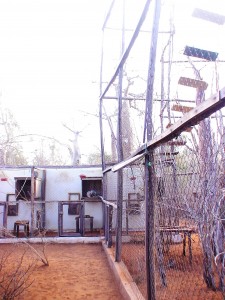
Through our work, we facilitate research programs on ring-tailed lemurs. Research projects also include nocturnal lemur monitoring through camera traps, as well as many projects examining lemur behavior, feeding, and health.
How We Support Local Communities
Alternative livelihoods
We seek to help establish alternative livelihoods projects (such as beekeeping) so that local communities have a reliable source of income and are not reliant on forest exploitation to make a living.
Research
Our work involves researchers from the United States and from within Madagascar. We have also undertaken social science studies on the attitudes of local communities towards wildlife, which will help inform conservation efforts and how communities might live sustainably side by side with nature.
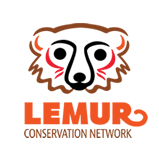
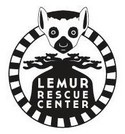
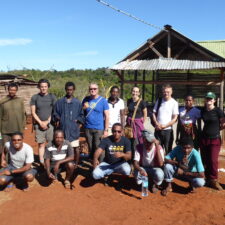
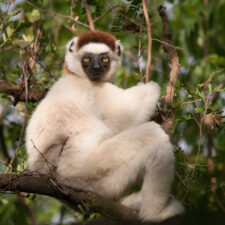
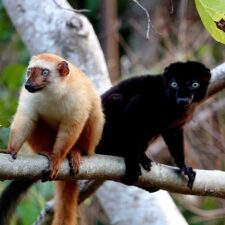
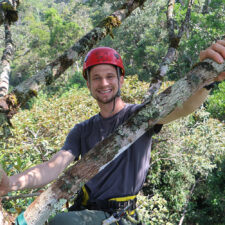
Comments are closed.